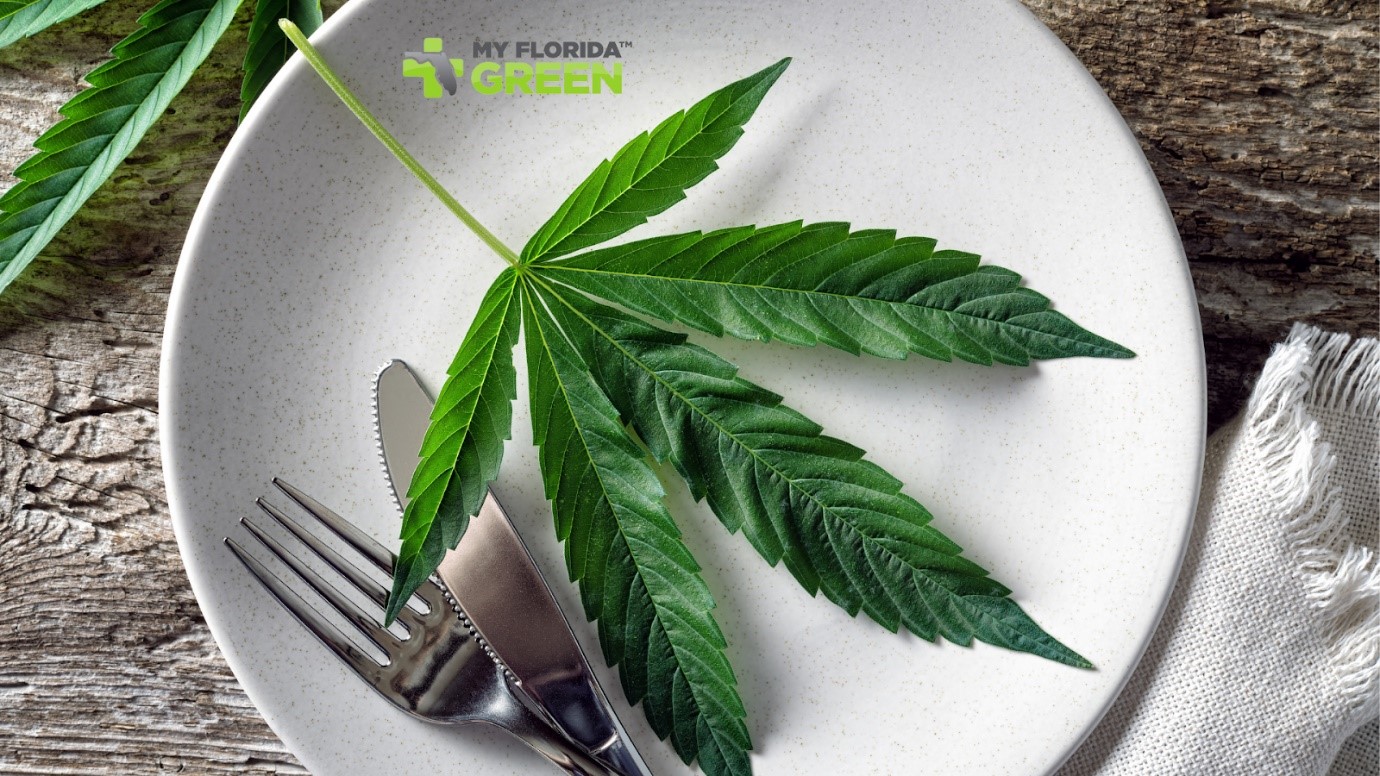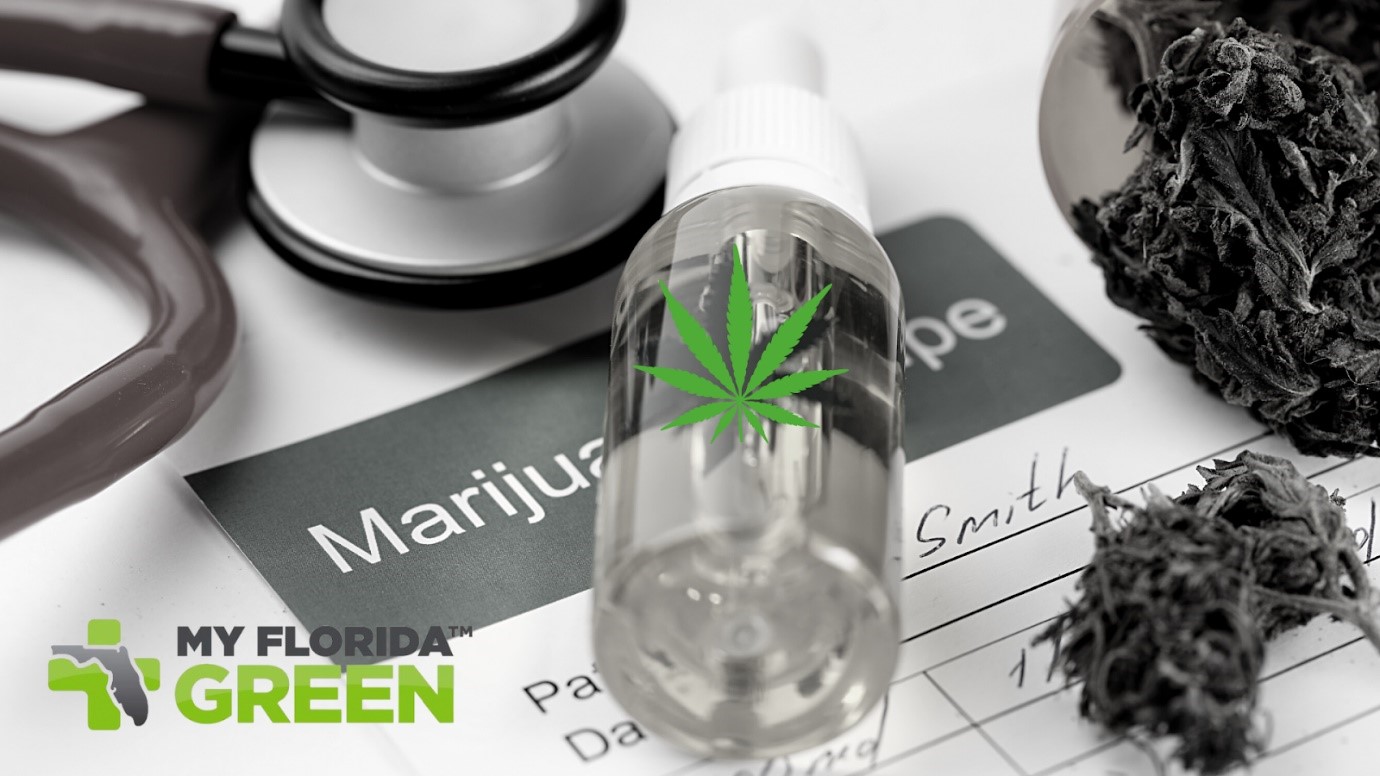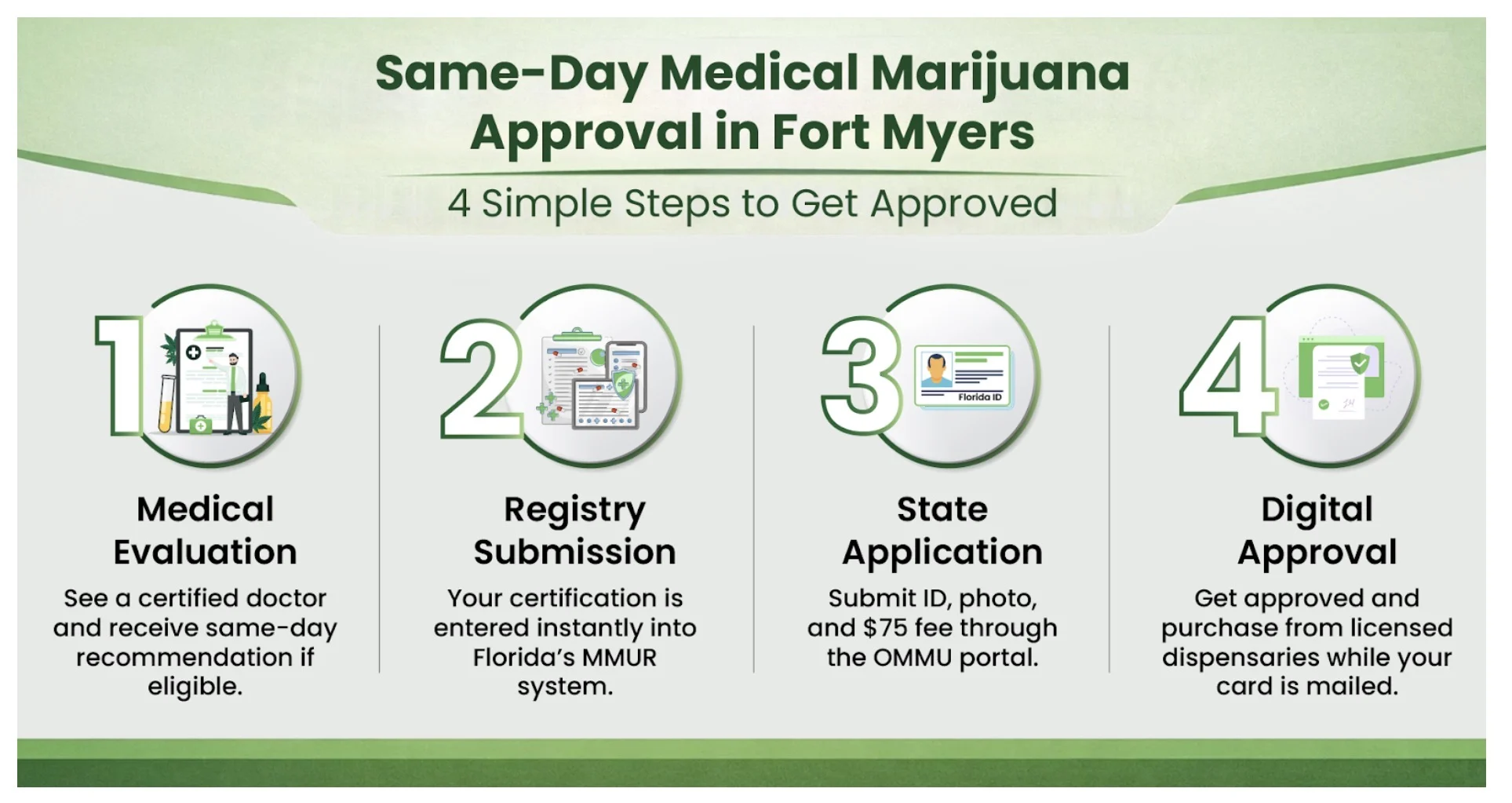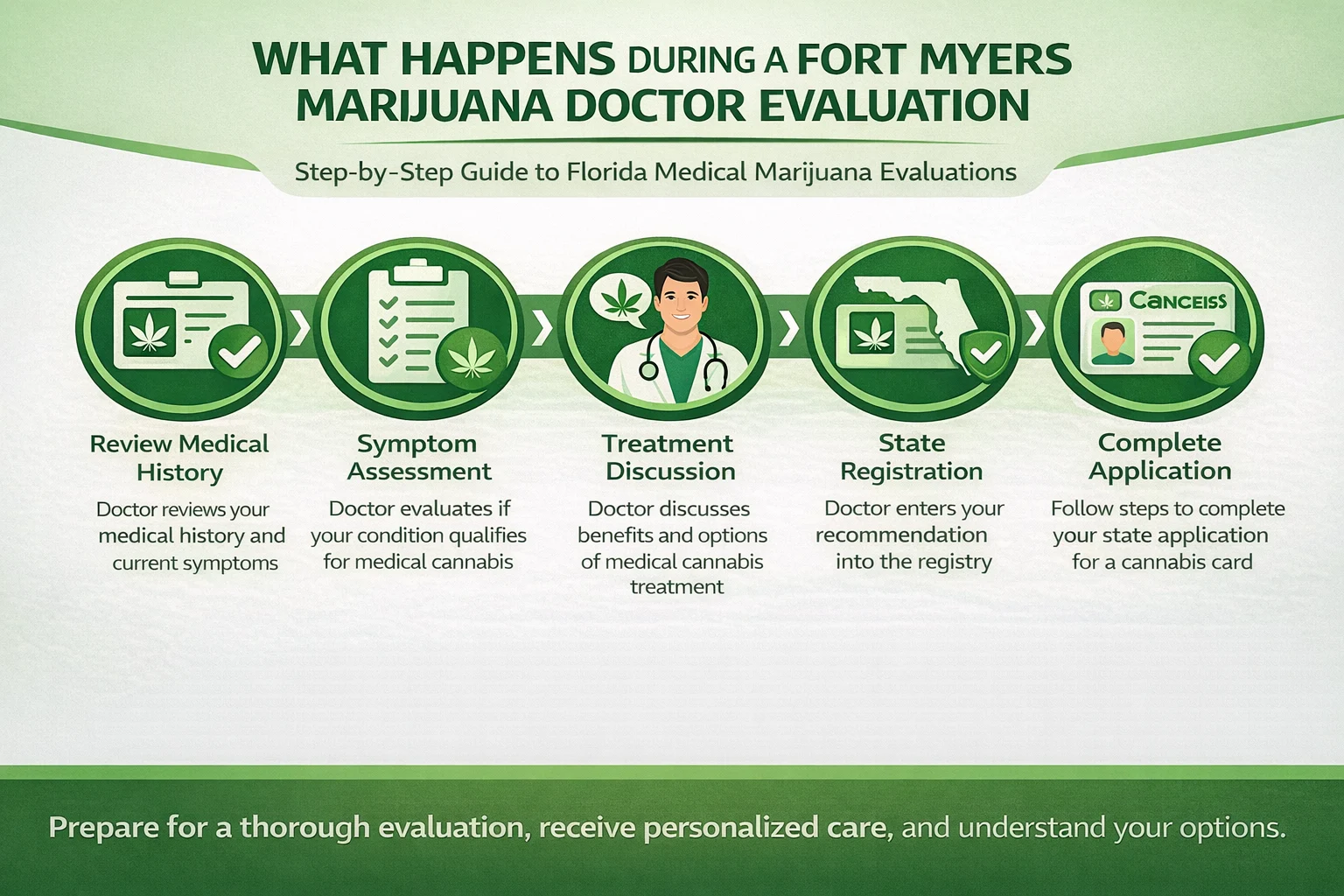Many serious physical and mental health conditions cause a person to lose their appetite; constant pain, lack of sleep, cancer treatment are just a few issues that significantly affect a person’s relationship with food. Prolonged periods of loss and poor appetite can cause mental and physical issues, including weight loss and malnutrition. Poor appetite and malnutrition symptoms can be serious if left untreated, so it is important to understand and manage the cause to treat it effectively.
Many psychological and mental health issues can lead to decreased appetite. People who are sad, depressed, grieving, or anxious tend to stop eating because of reduced appetite. Patients with eating disorders, such as anorexia, also have little or no desire to eat; hence they are typically underweight and malnourished. Treating and managing reduced appetite and eating disorders is a challenge. They can have multiple mental and physical comorbidities, and no treatment works for everyone. Hence, the medical fraternity has been looking for an alternative that can be added to the traditional treatment regime and can aid in managing the loss of appetite and weight loss.
Since legalization, the research on Marijuana has gained momentum, with many clinical trials being funded to unravel the great potentials of this remarkable healing herb. Some studies have established Marijuana’s role as an alternative to manage reduced appetite. The scientists also discovered that when patients are under the influence of Marijuana, they have stated an increase in the desire to eat. This potential might look insignificant, but it is greatly valued by patients diagnosed with different medical conditions, especially terminally ill patients and those undergoing cancer treatment. In addition to improving appetite, it also makes the person more relaxed, improves the quality of sleep, and reduces nausea; all these combined improvements significantly enhance patients’ quality of life.
How does Marijuana improve appetite?
Marijuana contains two active components that have enormous medicinal potential. One is psychoactive, THC, while the other is non-psychoactive, known as CBD. THC has been identified to stimulate appetite in patients with extreme appetite loss.
Marijuana’s ability to improve a patients’ appetite is connected to its interaction with the human endocannabinoid system. The endocannabinoid system controls most of the functions in the body through the various receptors that receive and transfer signals to respective body parts. It also covers the role of signaling and rewarding activities like eating or restricting food intake. Some scientists examined the endocannabinoid system of women patients diagnosed with anorexia and bulimia.
These medical conditions are both eating disorders characterized by the inability of the patient to eat well due to certain prevailing circumstances, hence leading to malnutrition and starvation. In anorexia, patients have a distorted image and conception about their body, and they believe dieting or weight loss will help redeem their self-image. In addition to eating less, some patients start to induce vomiting after eating to ensure they do not gain weight. This is usually seen in Bohemia, which is another eating disorder. Marijuana also helps to decrease the use of opioid.
Further investigation discovered that the neurotransmitter system in women diagnosed with anorexia and bulimia is underactive. Medical Marijuana can influence the neurotransmitter in such a way that the endocannabinoid system becomes active again. In addition, further investigation identified the brain area as the insula, responsible for identifying food taste and individuals’ emotional response to eating.
CB1 and CB2 Behavior in our Body
A research study published in Neuropsychopharmacology showed that the cannabinoid receptors CB1 and CB2 control food uptake. Any imbalance to anandamide and leptin results in a loss of appetite, which results in various eating disorders. When the patient takes a recommended Marijuana dosage, either containing THC, CBD, or a combination of the two components in different proportions, they activate these receptors CB1 and CB2 and stimulate the positive feeding behavior of the individual.
There is preliminary evidence that Marijuana plays a significant role in stimulating appetite via the leptin pathway. At the same time, Marijuana also causes the release of anandamide and leptin, which are essential in regulating eating behavior and energy expenditure from food components. However, more research is being conducted to get a more in-depth understanding of the medicinal properties of Cannabis.
Loss of appetite and eating disorders are challenging to manage and treat, a combination of medicines and therapies are used to improve the patient’s condition, but they do not work for everyone. However, Marijuana has shown good results in patients and is being considered a good choice. However, the right Cannabis strain and dosage must be administered, and only an experienced physician is able to give such recommendations. Patients with eating disorders and with reduced appetite have benefited from the Marijuana treatment but under the supervision and monitoring of a Marijuana physician.
We have a large network of experienced Marijuana physicians and established centers in different locations in Florida. Our experts are helping new patients in Naples, Sarasota, St. Petersburg and Melbourne to start and complete their Marijuana certification. You can start the process by completing the intake form on our website. Then one of your team members will contact you to take you to the next step.
What is the best Marijuana product to improve appetite?
It doesn’t matter which Marijuana product you purchase; what is essential is the dosage, composition, and correct route of administration. Both THC and CBD have been shown to play significant roles in improving patients’ appetite. However, a trained and experienced specialist considers many factors before recommending Marijuana to a patient.
The physician will consider if you have any comorbid illness or are currently taking any other medication. That could affect Marijuana consumption. When all that is cleared, they will recommend you for the Marijuana Card and continuously watch your body’s reaction . To see the prescribed dose is a successful treatment with no adverse effects.
How to get Marijuana for improving appetite?
Our physicians always give bespoke Marijuana advice and treatment for patients looking to improve their appetite and food intake. They spend time listening to your experiences, evaluating the severity of your symptoms. And asking questions related to your family and past medical history. Their initial assessment will inform them of the best treatment regime for you, and they will also start your online application to obtain the Medical Marijuana Card. To get started, reach out to our physicians today.










